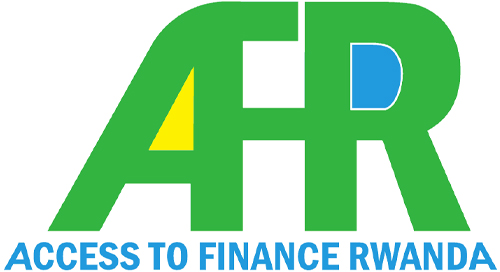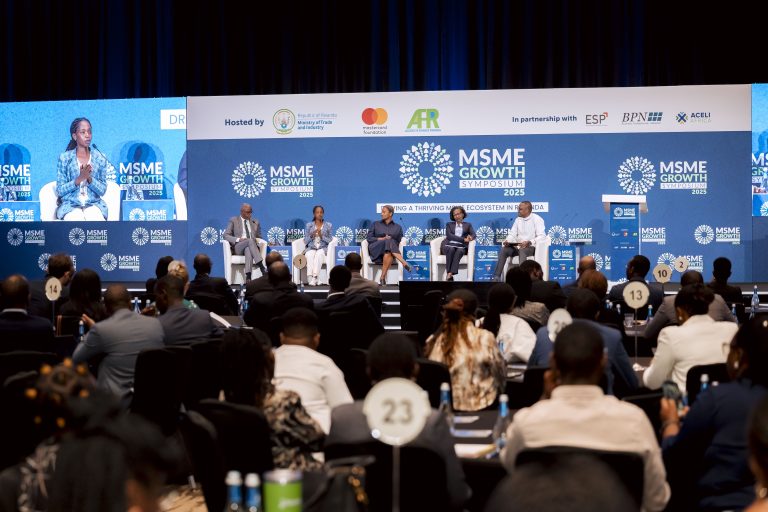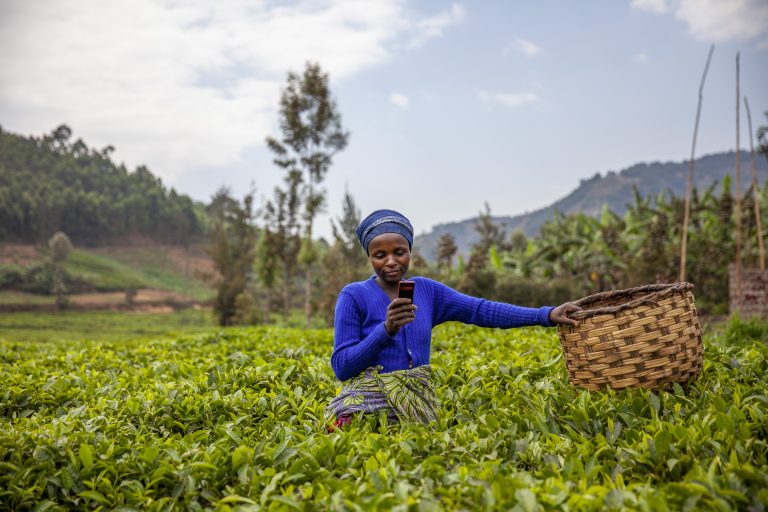

Executive summary:
General demographic profile of women in Rwanda Rwandan women are predominantly rural and relatively young, with 69% residing in rural areas and 38% falling within the 18–30-year age bracket. Despite progress made since 2020, significant challenges persist: 68% of Rwandan women have not advanced beyond primary education, 67% rely on farming or piece- work for income, and 17% are dependents. Low education levels limited economic autonomy, and reliance on unstable income sources reinforce Rwandan women’s vulnerability.
Financial inclusion
Rwanda has made substantial gains in financial inclusion, increasing the number of females with access to financial services from 92% in 2020 to 96% in 2024. The gender gap has maintained at just one percentage point (96% men vs 97% women in 2024). Despite this progress, significant gender disparities persist in the uptake and use of formal financial services. For instance, only 17% of women hold bank accounts, compared to 27% of men, highlighting deeper structural issues such as, low financial literacy, low formal employment opportunities, lack of decision-making power, cultural norms, and other matters constraining women’s economic agency.
This report delves into these structural determinants, illustrating how factors like geographic location, educational attainment, and employment status intersect with gender to influence financial inclusion. The report also highlights the critical role of digital financial services, particularly mobile money, in expanding financial inclusion for women. The uptake of mobile money has been transformative, with 73% of females using these services, up from 55% in 2020. Although digital finance has narrowed the gender gapin some areas, persistent gaps exist in the use of more complex formal financial products, such as credit (9%), insurance (7%), and savings or investment (12%) vehicles. These products are essential for long-term economic empowerment and resilience, emphasizingthe need for targeted interventions to address the ongoing disparities.
This is Rwanda’s third FinScope gender financial inclusion thematic report, following previous editions in 2016 and 2020. A review of the findings reveals continuity with past trends and significant changes over time. As shown in this report, there has been an increase in financial inclusion, particularly formal financial inclusion from 74% in 2020 to 90% in 2024. Rwanda is nearly achieving gender parity in overall financial inclusion. These are significant achievements, but there remains an opportunity to enhance women’s financial inclusion further and increase their usage of various financial solutions to meet their needs better.



